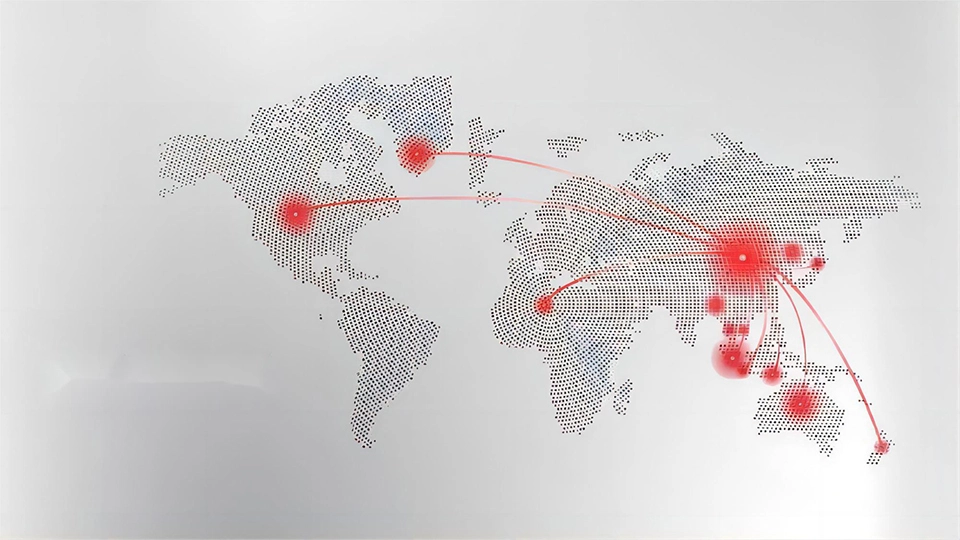As a CNC prototyping manufacturer, we specialize in CNC Prototyping, offering high-precision, cost-effective production of complex parts. Our advanced machinery ensures accuracy and consistency.
CNC prototyping offers high precision and accuracy, allowing for the production of complex and intricate parts with tight tolerances.
CNC prototyping can work with a wide range of materials, including metals (such as aluminum, steel, titanium) and plastics (such as ABS, acrylic, nylon), providing flexibility in material selection for prototyping.
CNC prototyping offers design flexibility, allowing for the production of complex geometries, undercuts, and intricate details in prototypes.
CNC prototyping enables designers to quickly test and refine their designs, making it easier to identify and address design flaws or improvements early in the development process.
CNC prototypes can be used for functional testing, allowing engineers to evaluate the performance and functionality of the product before moving to mass production.
CNC prototypes provide a tangible representation of the product, making it easier to visualize and communicate design concepts to stakeholders, clients, or investors.
CNC prototyping allows for the customization of prototypes to meet specific design requirements or client preferences.
CNC prototyping helps mitigate the risk of costly errors or design flaws by allowing for early identification and resolution of issues before investing in mass production.
CNC prototyping enables the integration of features such as inserts, threads, or other functional elements directly into the prototype, providing a more realistic representation of the final product.
CNC prototypes can be used for quality control purposes, allowing for the evaluation of dimensional accuracy, surface finish, and other critical aspects of the product.
CNC prototyping eliminates the need for expensive tooling or molds required in traditional manufacturing methods, saving time and resources during the prototyping stage.
CNC prototyping can be easily scaled up or down to meet different prototyping needs, from low-volume to high-volume production.
CNC prototypes facilitate collaboration and feedback from various stakeholders, including designers, engineers, and end-users, leading to improved product development and customer satisfaction.
CNC prototypes can be used for cost estimation purposes, providing insights into the manufacturing costs of the final product and helping with budgeting and pricing decisions.
CNC prototyping can achieve various surface finishes, including smooth, textured, matte, or glossy, depending on the machining parameters and post-processing techniques used.
CNC Prototyping involves using computer numerical control machinery to produce complex parts with high precision. It’s a cost-effective method for producing parts with high accuracy and consistency.
